Canada’s francophone universities: drivers of thriving communities
Despite challenges, Canadian universities in francophone minority settings actively contribute to their communities and the advancement of knowledge.
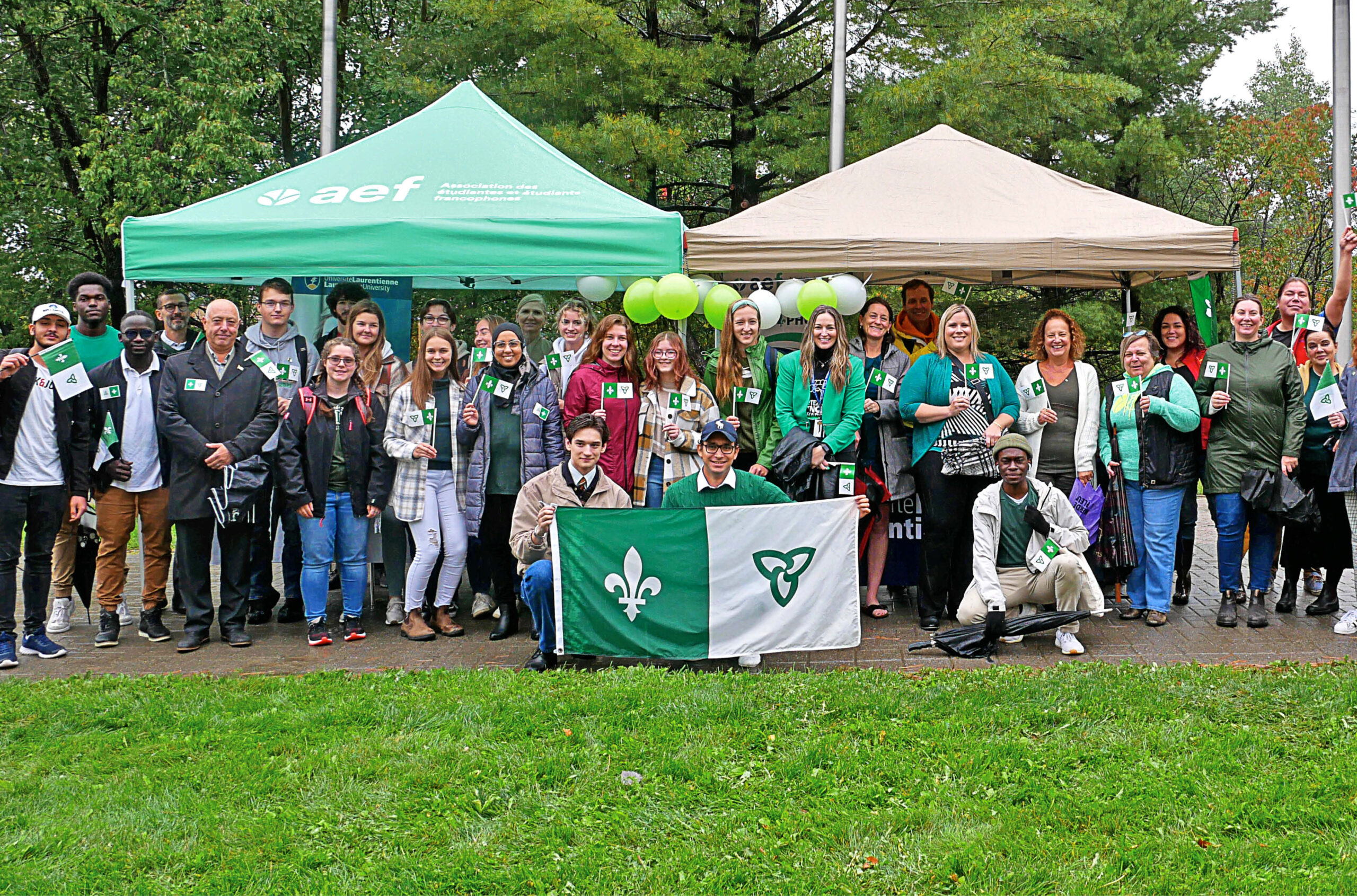
A dozen Canadian universities offer French-language programs in English-dominant environments. For these institutions, recruitment and funding are daily challenges, and their survival depends on the creation and success of multiple initiatives. University Affairs spoke to a group of academics to learn more about some of their success stories. What follows are five achievements that have been successfully integrated:
- Meeting community needs
Teacher training programs are essential, according to Sophie Bouffard, president of Université de Saint-Boniface (USB). “Education is the backbone of our communities,” she affirmed.
Several institutions developed custom teacher training programs to support growing interest among francophones and francophiles. For example, 20 years ago, British Columbia’s minister of education championed the creation of a francophone affairs office at Simon Fraser University to provide training in teaching French as a second language, French as a first language and French immersion.
Last year, USB also launched a new teaching assistant training program. “We started out slow with the pilot project, but there was a great deal of enthusiasm from the get-go,” explained Dr. Bouffard. In fact, 48 students are currently registered, 26 of whom are part-time. “It’s been a great success.”
- Encouraging partnerships
Some universities are forging partnerships to address the shortage of mental health and social workers, which is particularly acute in rural areas. With the support of the Consortium national de formation en santé (National health training consortium), Université Sainte-Anne in Nova Scotia offers a social work program in partnership with Laurentian University.
A similar partnership has been set up to support French-language study of common law. In fact, only two universities offer French-language common-law programs: the University of Ottawa and Université de Moncton. Students from other parts of the country wanting to study common law in French have to either move to one of those areas or opt for an English-language program closer to home.
A 2009 report from the federal department of justice highlighted gaps in French-language access to legal services and inspired the creation of a 30-credit program (offered by the University of Ottawa) that can be taken in place of electives.
Caroline Magnan, the program’s Franco-Albertan and Franco-Saskatchewanian creator, said that it has graduated 45 legal practitioners and that roughly 100 people have taken courses at the certificate level. She confirmed that the majority of the graduates studied in French immersion schools and stated that gaining “roughly seven more legal practitioners each year to serve Western Canada’s francophone population is something huge.”
- Training the leaders of tomorrow
University presidents often remark their institutions are where future leaders are trained. Dr. Bouffard believes that the definition of a leader must remain broad to include everyone “who contributes to the vitality of the community,” arguing that “anyone can be a leader, no matter their field or profession.”
With this in mind, University of Alberta’s Campus Saint-Jean has added a new doctoral program. The program, which launched in September 2024, aims to break down silos and better respond to current issues through an interdisciplinary approach. According to Jason Carey, dean of Campus Saint Jean, “significant change can come from bringing people together from across disciplines to closely examine an issue in a new way.”
The response to the launch of the program revealed a greater than expected demand. The university had hoped for four enrollments as a best-case scenario; however, it attracted transfers from other U of A faculties as “people wanted to complete their program in French,” explained Dr. Carey. There are now nine people enrolled in the doctoral program and the first degrees could be awarded in June. “I’m very excited to say, ‘Here are Alberta’s first French-language doctoral students’,” he said.
Keeping francophone intellectuals in Alberta is an attractive prospect to governing bodies. “It helps Alberta, and it helps francophones locally and nationally,” commented the dean, who also observed the need for francophone leaders “to lobby governments and advocate in the name of minority and rural communities.”
Dr. Bouffard agrees with the need to develop more Francophone leaders, and proudly referenced a recent statement by a USB graduate claiming that “without Université de Saint-Boniface, the [Francophone] community would not have been as strong.”
- Contributing to the local economy beyond education
Universities have a strong impact on the local economy. Just ask the northeastern Ontario communities where Université de Hearst (UdeH) is located.
Aurélie Lacassagne, who was appointed UdeH’s president last spring, thinks of the university as more than just an educational institution; it is an economic driver for the cities of Hearst and Kapuskasing. Students, especially international students, have a tremendous impact on the local economy “not with their buying power, exactly, but in the workforce,” she noted. Students are often seen working in stores, restaurants, supermarkets and hotels and it is a common hope in the community to have them remain after graduation because, Dr. Lacassagne affirmed, “they make our communities more vibrant and help them thrive.”
She also hopes that UdeH’s entrepreneurial club for students will become a real hub for business and innovation. For her, “it fits right into the university’s DNA.”
- Advancing knowledge
Funding and discoverability challenges make developing French-language research particularly difficult, especially in science.
Dr. Bouffard argued that “French-language research faces unique obstacles, exacerbated to a certain extent by underfunding and lack of recognition.”
UdeH is recognized for its applied research. The institution boasts three learning integration centres: a regional archive, a psychosocial assessment and intervention centre and an economic, social, and community development centre. The latter helped introduce a new welcoming francophone community initiative to provide a responsive environment for Francophone newcomers along the Highway 11 corridor, where bilingual, majority-French municipalities and townships stretch from Hearst to Cochrane. Through environmental mapping, consultations and strategic plans, “the centre makes full use of every scientific research tool available, but its research is very applied,” explained Dr. Lacassagne.
Research in francophone minority settings has made great strides during the last 20 years, with research chairs cropping up across the country.
“It’s nothing short of extraordinary, what we’ve achieved,” commented Dr. Bouffard, admitting that USB’s administration is more focused on scholarly programs. More and more senior leaders of a French-language university, like Dr. Bouffard, are prioritizing applied research. Dr. Lacassagne is equally driven in her mission to keep developing programs at UdeH and confirmed that “the basis of a university isn’t merely to convey knowledge, but rather to create it.”
Dr. Carey hopes that the new doctoral program at Campus Saint-Jean will help to position it favourably in the research community. “It’s a matter of credibility in the sector,” he affirmed.
Featured Jobs
- Accounting - Tenured or Tenure-Track Faculty PositionUniversity of Alberta
- Indigenous Studies - Faculty PositionUniversité Laval
- Electrical Engineering - Assistant Professor (Electromagnetic/Photonic Devices and Systems)Toronto Metropolitan University
- Psychology - Assistant Professor (Social)Mount Saint Vincent University
- Electrical and Computer Engineering - Assistant/Associate ProfessorWestern University


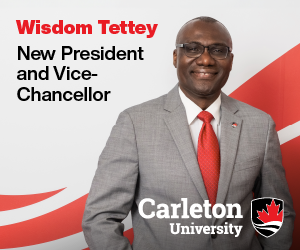





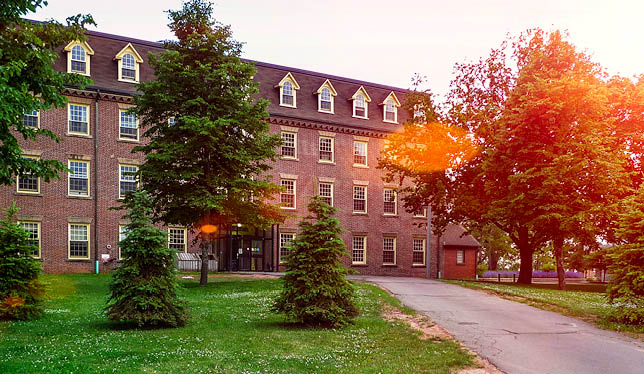
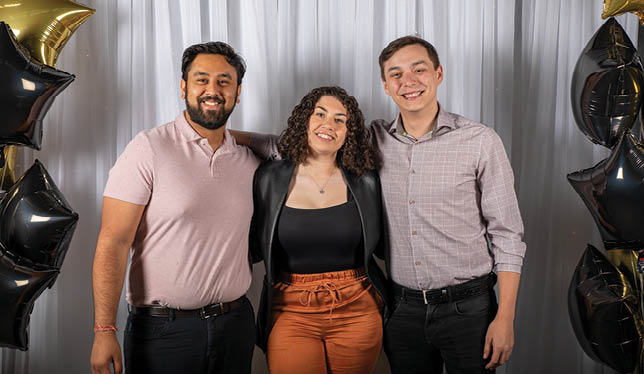


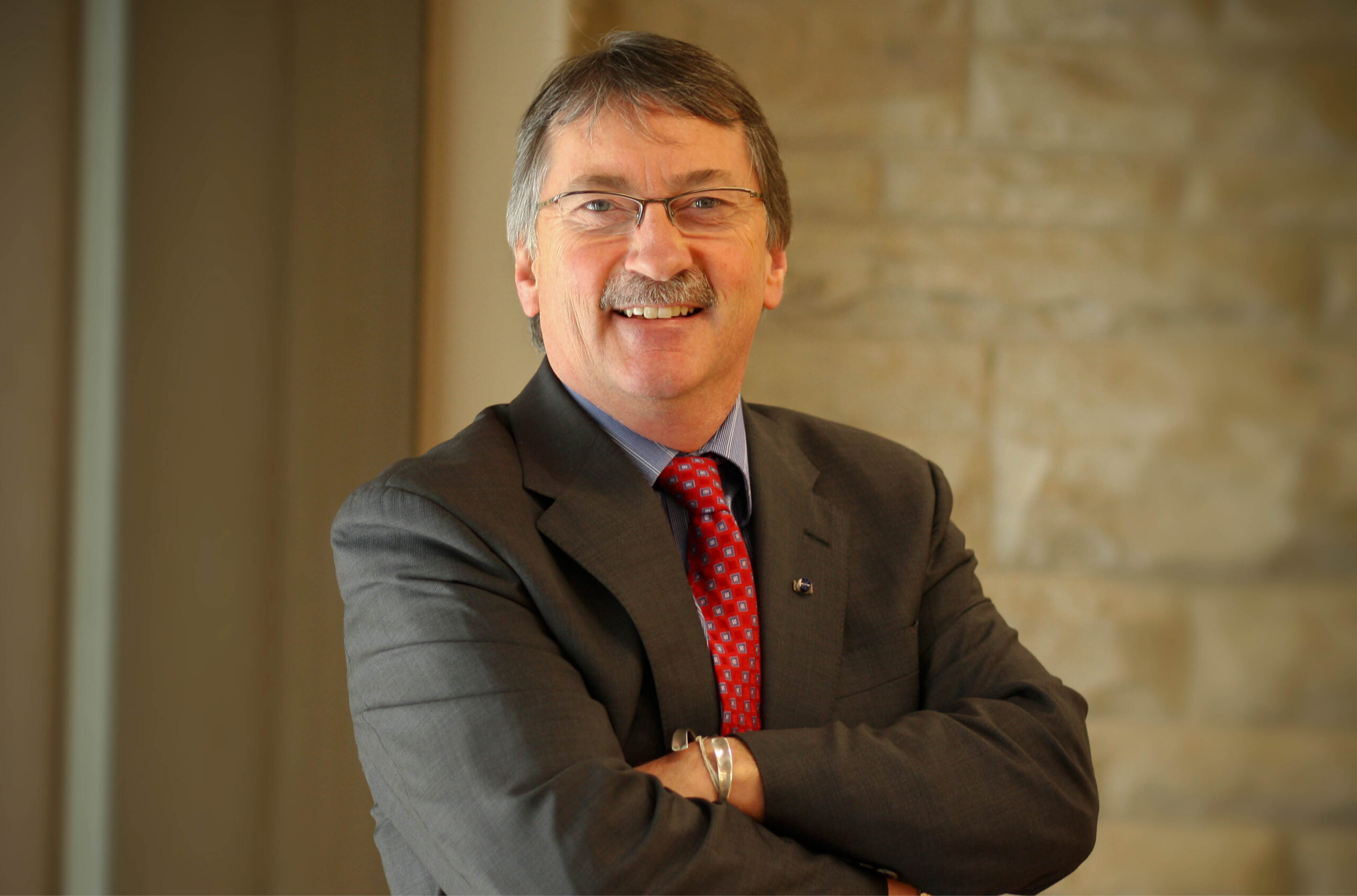


Post a comment
University Affairs moderates all comments according to the following guidelines. If approved, comments generally appear within one business day. We may republish particularly insightful remarks in our print edition or elsewhere.